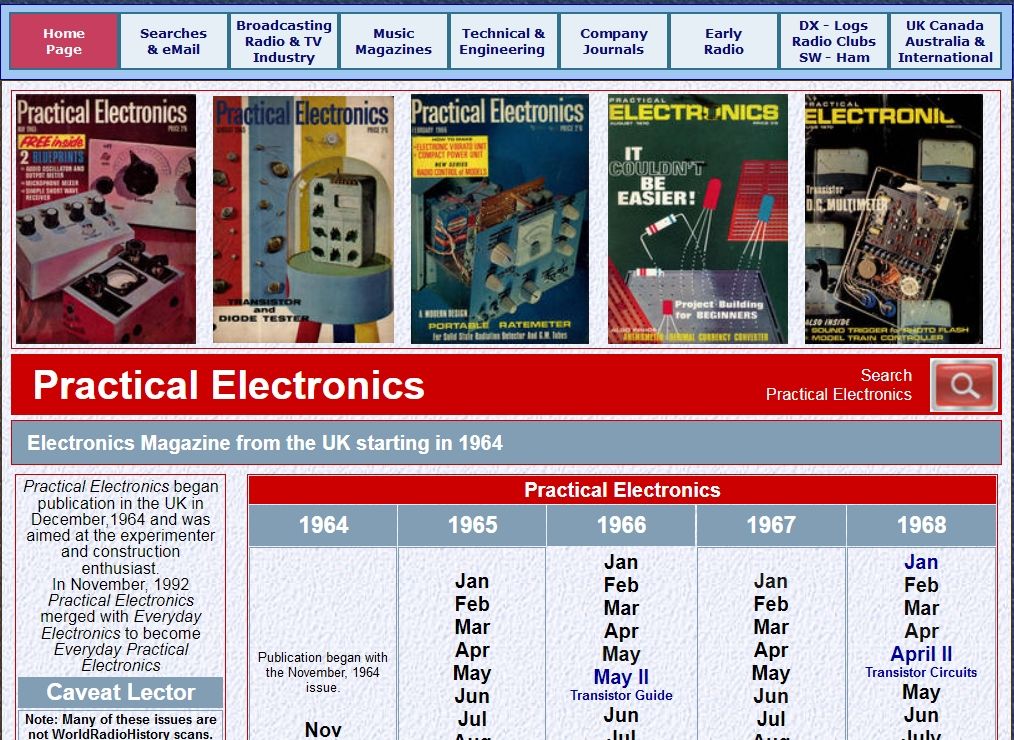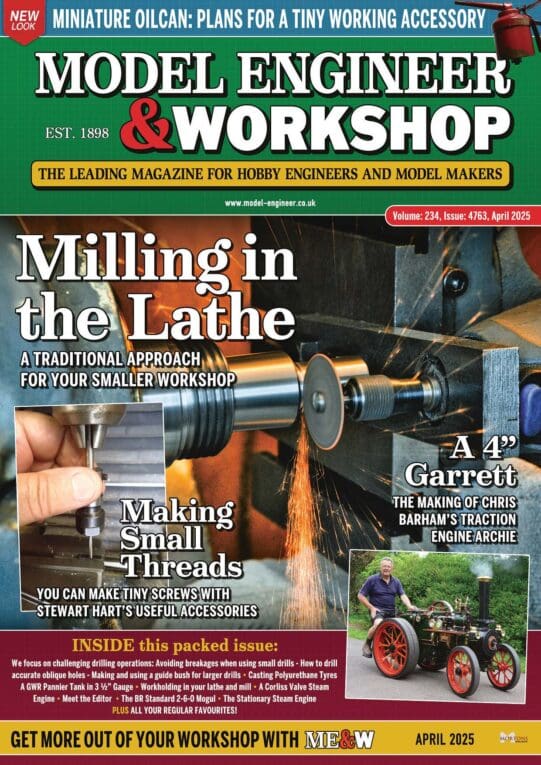Posted by Jelly on 23/09/2022 12:14:24:
It doesn't seem all that unreasonable for what it is, that price about what you'd pay for a similarly compendious volume in another sub-field of engineering like Perry's Chemical Engineer's Handbook (£236) or Machinery's Handbook (£146), and it's much cheaper than Lees' Loss Prevention (£407).
Serious reference books and textbooks have got very expensive in the last decade; I don't even think there's a serious expectation from publishers of individuals buying many of these books anymore, it's assumed that they will be bought by "institutional" purchasers with deep pockets (as many of my reference books were).
Actually in real terms; Mars bars, how many weeks wages et al; I suspect these tomes may have gotten cheaper over the years. Nearest I got to buying new similar for me was "Handbook of Optics" at an exhibition where all 7 volumes were offered to me for £50 (I think) cash 'cos the salesman "didn't want to take them back with him" when the official price was perhaps £300 – £350. Around a weeks money back then. Always regretted not taking up the offer as having my own set rather than levering the relevant volume out of the departmental copy holder would have made life much easier back then. Not to mention being of considerable use when I moved on.
Machinery's Handbook is interesting as many firms operated a departmental or drawing office use policy with it safely secured from the great unwashed. At RARDE / DERA / DRA the thing was drawing office only, even the establishment library didn't have a copy. Policy forbade scientist/engineers like me from even seeing it. Nuclear level explosion when a drawing office wonk changed one of my designs 'cos it didn't meet spec quoting Machinery's Handbook as justification only to have me pull out my personal copy to prove him wrong! Heads of department level discussions resulted in me being told to take it home and never refer to it again. A directive I ignored.
In contrast a late friend was given a copy as a passing out gift after completing his toolmakers apprentice training at CVA.
Multiple authors is the only way to produce such things with a reasonable expectation of informational rigor.
I always found the main use for such books was either to have details of standard practice in a place where I could find them or or to provide basic information when going off-piste from my usual work. When going off-piste they rarely tell you what you want to know but generally are a great assistance in figuring out what you actually need to find out. Unknown unknowns sort of thing.
All though the stuff is theoretically on the internet its vastly fragmented. Anything more than the common basic to moderate level stuff needs serious google-fu to find and, once found, is frequently either behind a paywall or of dubious derivation. Not to mention areas where popular fantasy has led to the real facts being obscured. Something I found out when I wanted to update some work on planetary thermodynamics I did 30 years ago. Accurate modern data was impossible to find out in the wild and I wasn't prepared to spend a week or two flogging it all through from first principles to extract the gems from the dross. Maybe if I'd kept my relevant computer models!
Now its possible to track pretty much everything through t'net it seems to me that a better sales policy for these things, and all other copyrighted books for that matter, would be for everyones broadband subscription to include a (small) fee for X megabytes of copyright data per month. So if I download it direct my internet provider pays the copyright holder the fee. If I give it to someone else their internet provider knows where it came from and also pays. Printing. Fair use or buy a licence for a book format to take to a printshop / bookbinder. Less money per book equivalent download but none of the dead tree production / distribution hassles and the effective zero at point of download cost would skyrocket sales. How much would you download if its only £0.50 a pop which you've already paid.
Clive
 Nicholas Farr.
Nicholas Farr.




